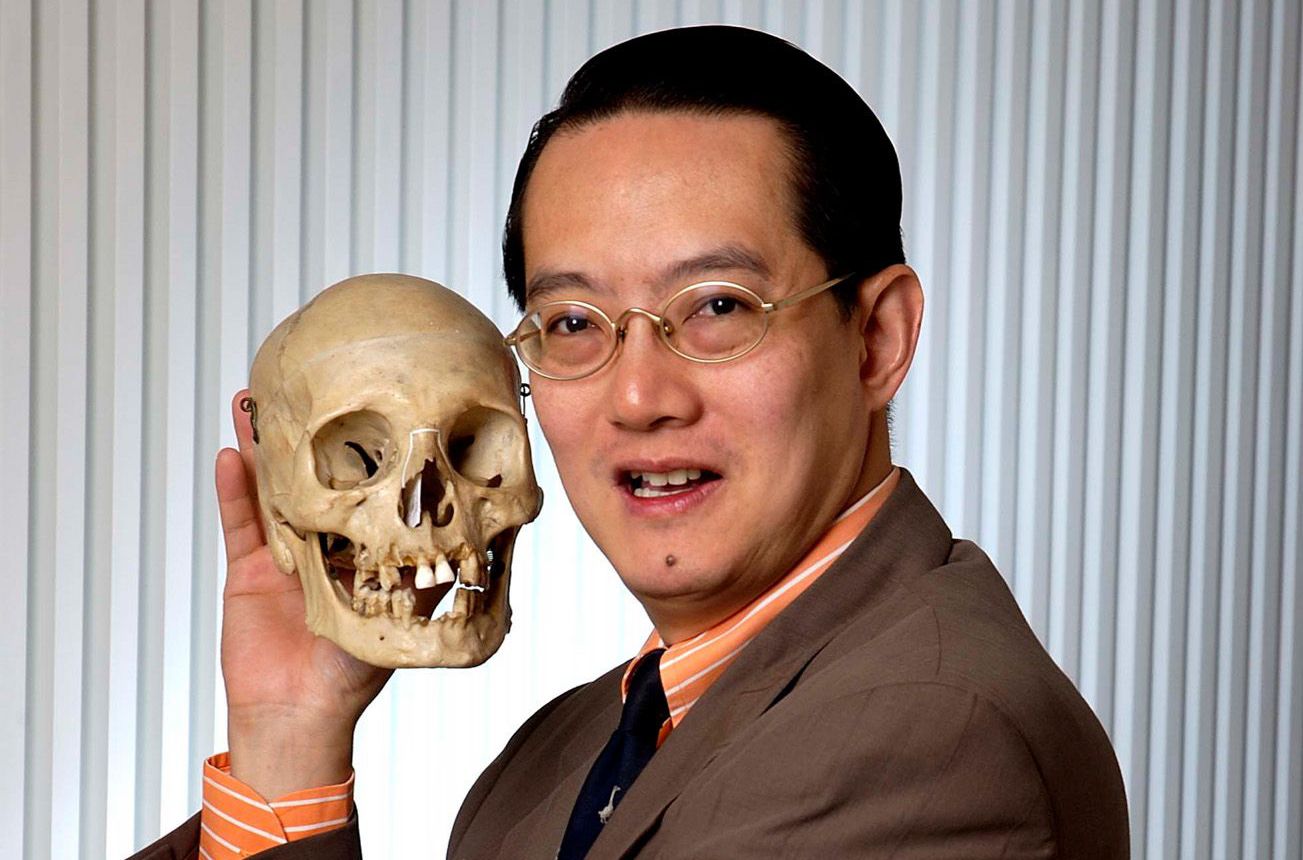The renowned plastic surgeon gets candid about his life in his book Life in Plastic
“I’m a bit of a sentimentalist and a bit of a romantic—I like to hold onto things which are old and dear,” says plastic surgeon Woffles Wu. Perhaps, this provides an insight into the facets of his life that he has chosen to share in his book.
Through a series of short stories—many of them compiled from his weekly columns for 8 Days magazine, which span a period of eight years—Woffles offers a narrative of his life from three different perspectives: growing up in London in the 1960s and Singapore in the 1970s; his family, who has shaped him to become who he is today; and his career as a craniofacial plastic surgeon in a public hospital before going into private practice in 2000.

But first, he satisfies this curiosity about his rather unusual name. For the record, it has a literary inspiration, rather than a culinary one—his mother had nicknamed him Woffles, after the white rabbit in Enid Blyton’s The Magic Faraway Tree, and he had adopted it when he was in school in London, when nobody could pronounce his Chinese name, Wu Tze Liang, properly.
He had moved to the UK at age four in the mid-1960s with his mother, who was starting her law studies. Little did he know that his parents had just divorced. He recalled living the nomadic lifestyle, moving from one rented room to another for six years before they returned to Singapore.
(Related: Behind The Byline: Don't Call Me Mrs Rogers, Says Paige Parker)

